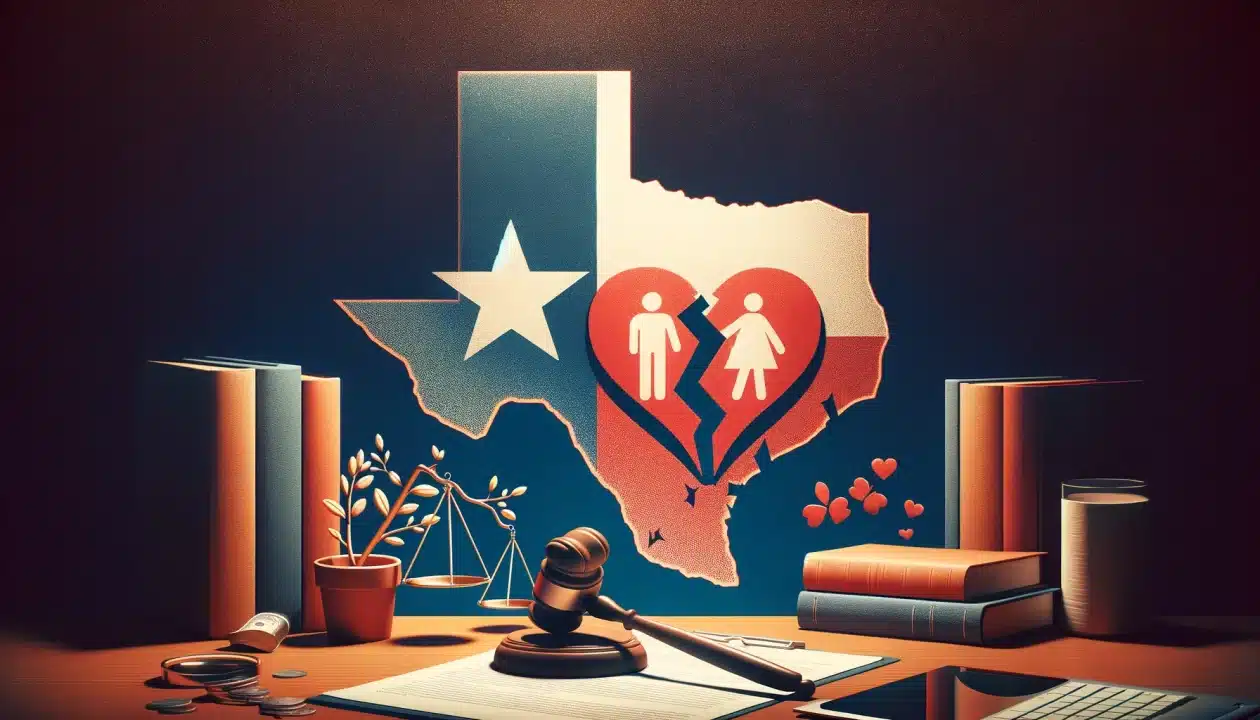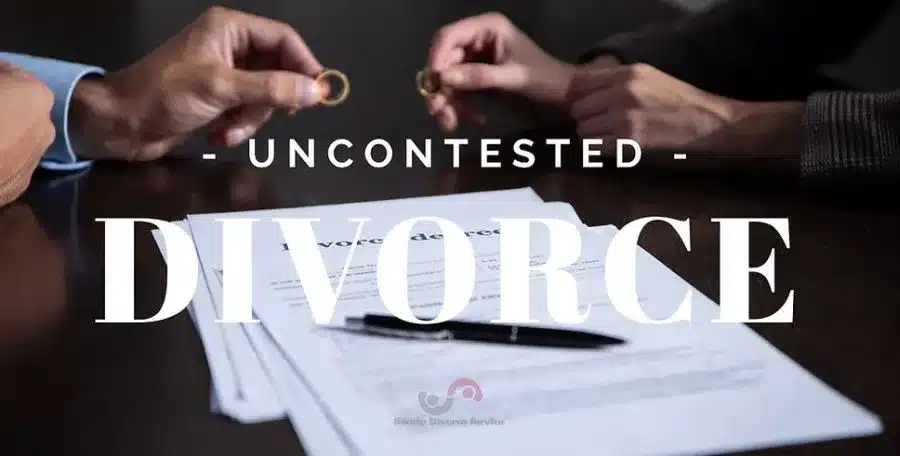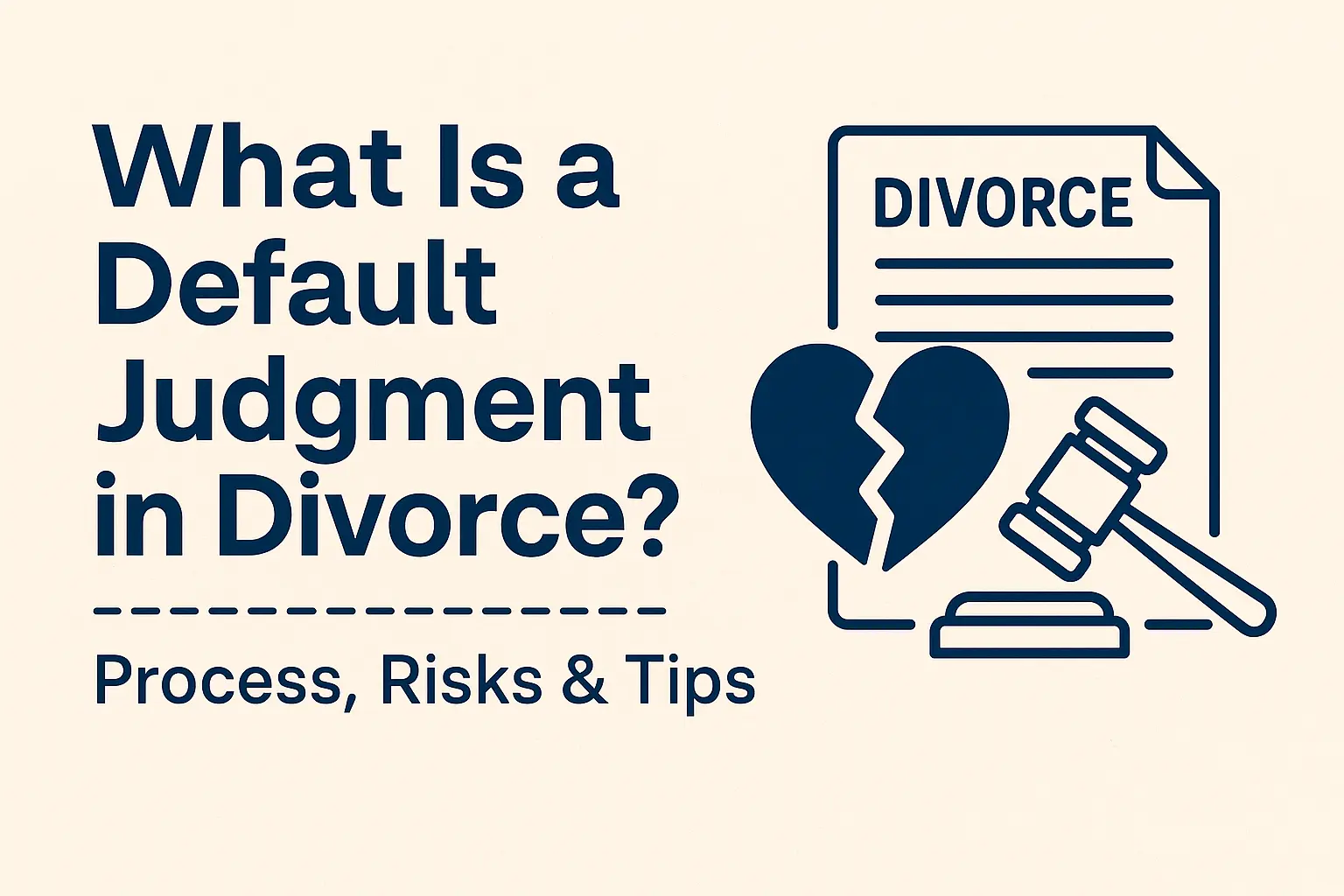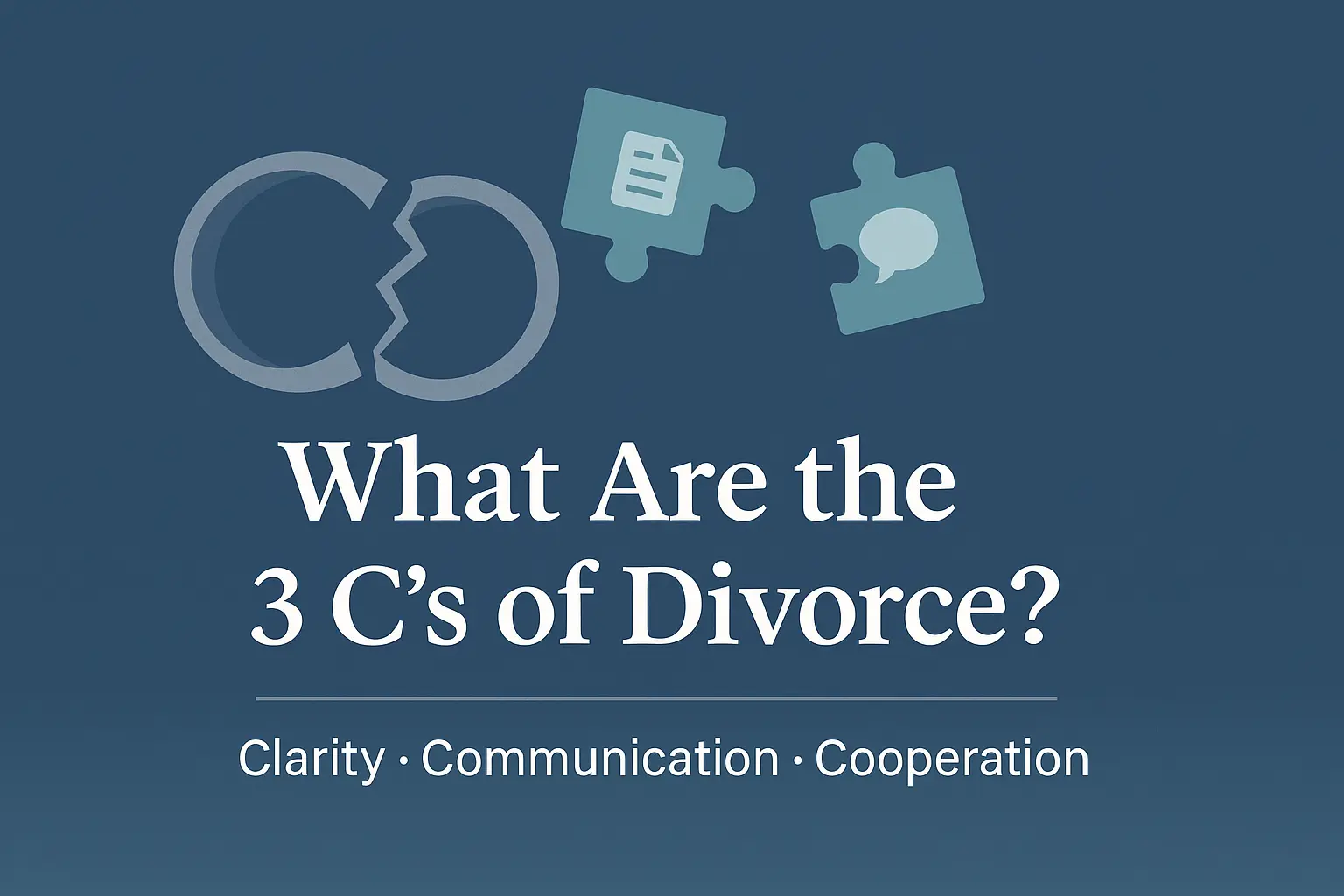When your divorce is finalized, the court issues a legal document called a divorce decree. This document is more than a formality—it’s the official record of your divorce and details your rights and obligations moving forward. For those filing in Texas, this becomes your final divorce decree Texas residents must adhere to.
Whether you are going through an uncontested divorce or resolving issues in court, understanding your decree is essential for protecting your interests. In Texas, ensuring you understand your final divorce decree can have significant benefits.
🎯 What Exactly Is a Divorce Decree?
A divorce decree is the final order signed by the judge that legally ends your marriage. In Texas, this document covers:
- Division of Property and Debt: Who gets what assets, and who is responsible for paying which debts.
- Child Custody and Visitation: Parenting plans and visitation schedules.
- Child Support and Medical Support: The financial support arrangements for children.
- Spousal Maintenance: Any alimony obligations.
- Name Change: If either spouse chooses to restore a prior name.
Your decree is legally binding. Failing to comply with the final divorce decree Texas courts issue can lead to enforcement actions, wage garnishment, or even contempt of court.
🧠 Why Is the Divorce Decree Important?
A divorce decree protects your rights and clarifies your responsibilities. You’ll need it for:
✅ Enforcing Terms: If your ex-spouse doesn’t follow the agreement.
✅ Updating Records: Changing your name, updating tax filings, or adjusting insurance policies.
✅ Future Modifications: If your circumstances change, you may ask the court to modify parts of the decree (such as custody or support).
✅ Proof of Divorce: For remarriage or legal purposes.
Keep certified copies in a secure location—you’ll likely need them in the future.

🔄 Can a Divorce Decree Be Changed?
Yes, certain aspects can be modified. For example:
- Child custody or support can be changed if there’s a substantial change in circumstances.
- Spousal maintenance may be adjusted under specific conditions.
- Property division generally cannot be changed once finalized.
If your ex isn’t complying, you can file an enforcement action to make sure the terms are honored.
💬 Frequently Asked Questions About Divorce Decrees
No. The decree details the terms of your divorce. The certificate is a shorter document that simply proves the divorce occurred.
You can request a certified copy from the district clerk’s office in the county where your divorce was granted.
You can file a motion to enforce the decree. In Texas, courts can impose penalties or order compliance.
Some provisions, like child custody or support, can be modified if your situation changes significantly.
No. Both are final orders of the court, but an uncontested decree reflects an agreement between the parties rather than a judge’s ruling after trial.
📝 Where can I get a copy of my Divorce Decree?
You should be able to access a certified copy of your divorce decree by contacting the county clerk where the divorce was filed. (A certified copy means it’s verified by the court.) You can do this through your state’s health department, either online or by mail. Most counties charge a small fee for this copy.
📢 Ready to Finalize Your Divorce with Confidence?
Ready Divorce Service makes it easy to get your uncontested divorce decree without unnecessary delays or high costs. We provide affordable flat-fee services to help you complete your divorce the right way.
✅ Fast, professional document preparation
✅ Guidance through every step
✅ No hidden fees—ever
📞 Call (800) 432-0018 or start your case online.






